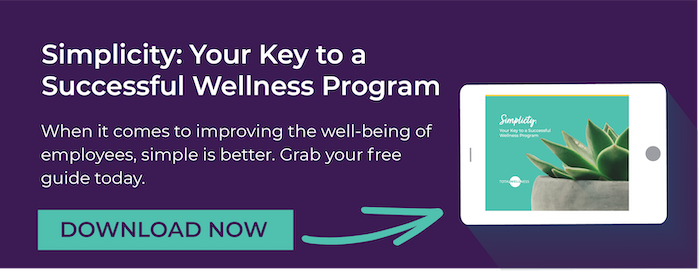 Work flexibility is quickly becoming a must-have in the U.S. as work-life balance becomes a central focus for job seekers.
Work flexibility is quickly becoming a must-have in the U.S. as work-life balance becomes a central focus for job seekers.
From freelancers to caretakers, employees have different reasons for wanting to work outside the traditional office environment.
And, it’s actually surprisingly more productive for employees, too.
At least that’s the way the 3,000 respondents who took FlexJobs’ annual survey feel — 65% of workers believe they would be more productive working at home than in a traditional office setting.
Some of the reasons:
- Fewer distractions (75%)
- Fewer interruptions from colleagues (74%)
- Reduced stress from commuting (71%)
- Minimal office politics (65%)
Other responses as to why work flexibility is attractive: quieter noise levels, more comfortable clothes, fewer meetings, more personalized office space, and efficient meetings. The respondents also felt their quality of life and health overall would improve as well.
Additionally, the survey noted that work flexibility is appealing to employees across all education and career levels:
- 69% of respondents have a bachelor’s degree
- 30% have a graduate degree
- 32% were manager level or higher
The majority of those polled were women (78%) and were between the ages of 40-59 years old (54%).
What It Means For Employers
If employees are productive, it usually means business and operations are running like a well-oiled machine. When your company offers flexible work options, it helps your company stay competitive in hiring and increases work output.
Other employer benefits for offering work flexibility:
Working relationships: 74% believe remote work is favorable to having strong work relationships
Employee retention: 76% of respondents said they’d be more loyal if offered flexible work options
Expenses reduction: 28% of respondents would be open to a 10% or 20% pay cut. 21% are willing to forfeit vacation time. 17% would give up employer-matching retirement contributions
Hiring strategy: 97% of respondents are interested in being a flexible worker in the long-term. Offering flexible work options also attracts experienced, well-educated professionals who come from a variety of backgrounds
Consider the Work-Life Balance Options
Offering better work-life balance doesn’t have to be complicated. If your office has a more traditional vibe, it’s still worth considering ways to integrate other options as the workforce trends change.
Remote work doesn’t have to be full-time, either. Your employees might even be happy with partial telecommuting work options.
A 2017 study showed that telecommuting in the U.S. has increased by 115% in the last decade. Flexible schedules and unlimited PTO are other ways to offer unique work-life balance options, too.
Ask for employee feedback and offer options that benefit staff majority. It will take time, but the result will be happier, less burned out employees who stay loyal.
Does your company offer flexible work options? If so, how does it work? Share below what has worked well for your company!



